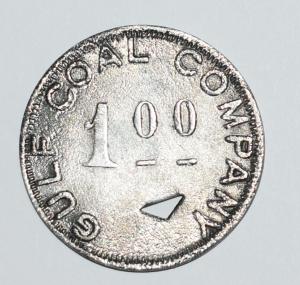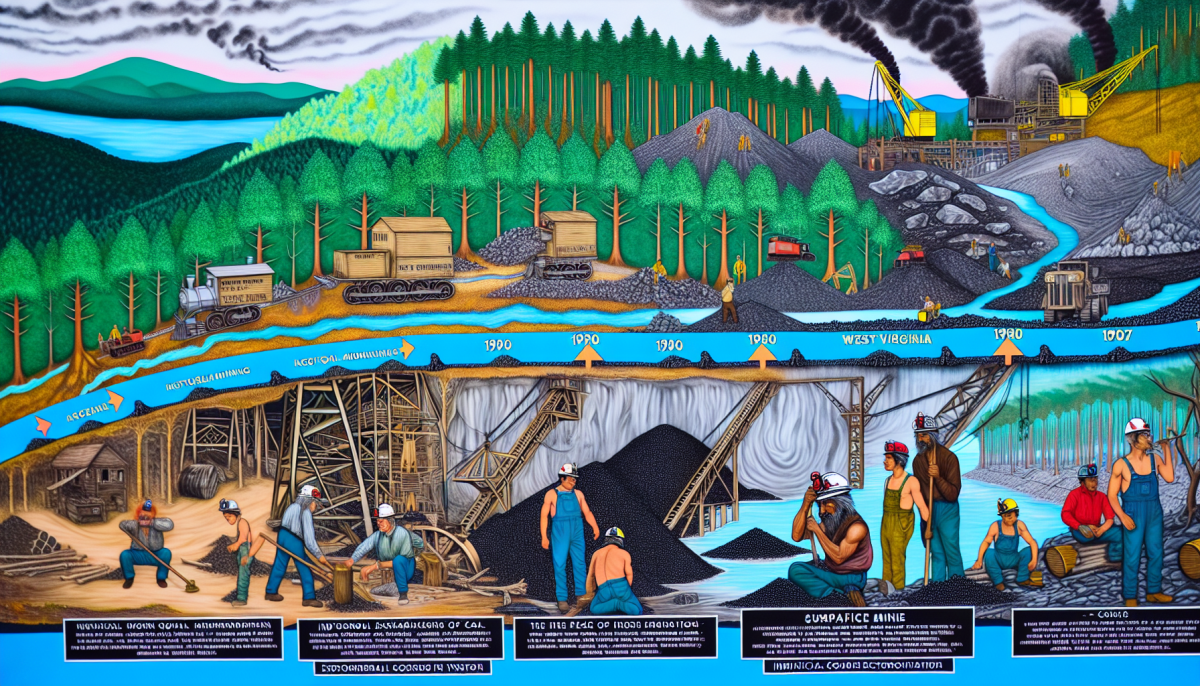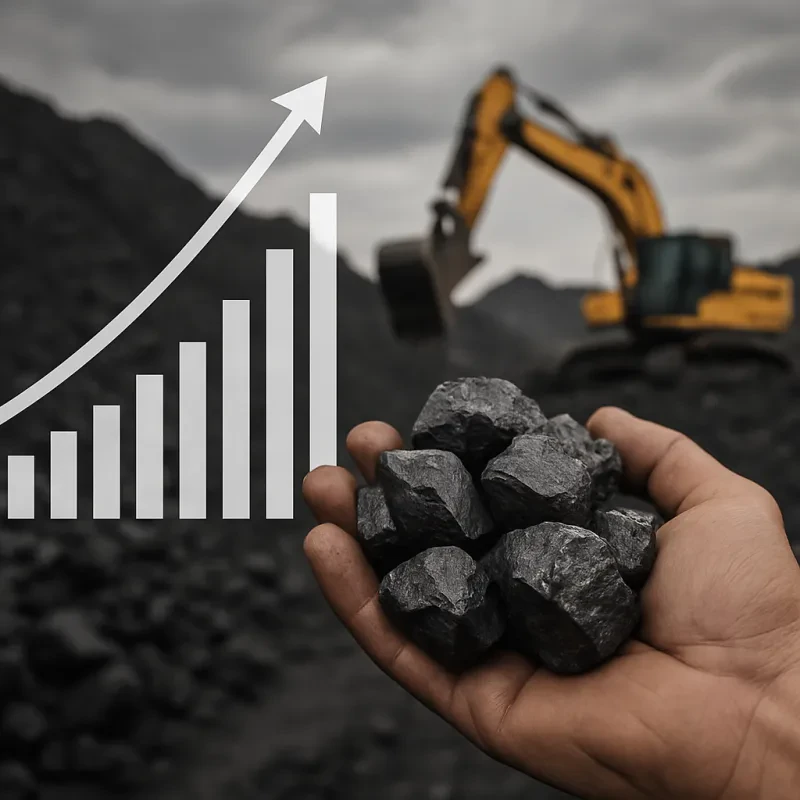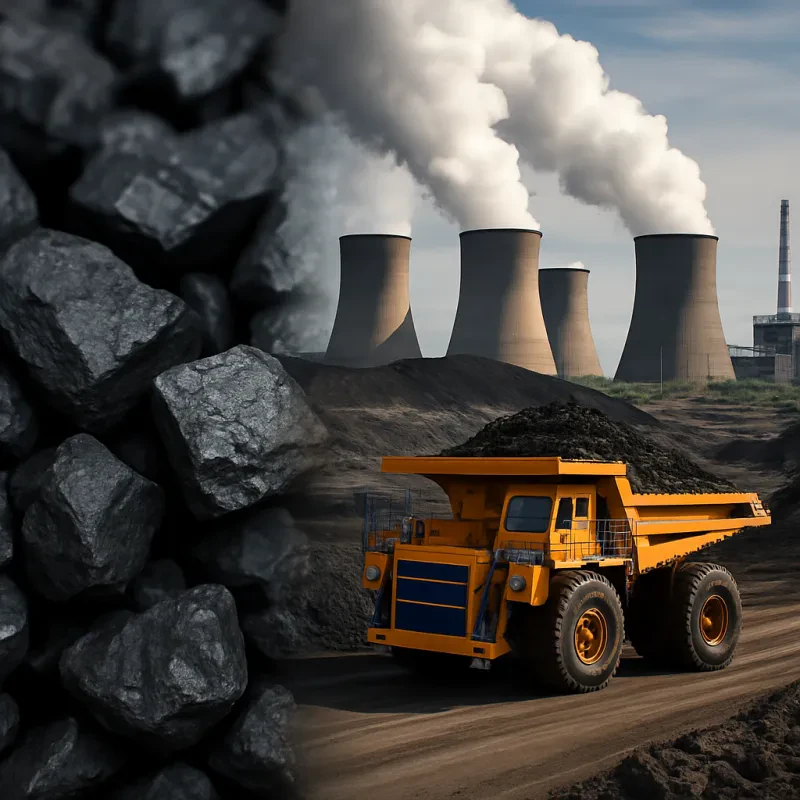West Virginia Coal Mining Evolution
West Virginia's rich seams of coal have long been at the heart of American industrial progress, fueling growth, powering innovation, and shaping communities. This comprehensive overview delves into the history of coal mining in West Virginia, explores its impact on the economy and the environment, and considers its place in today's energy landscape.
The Historical Roots of Coal Mining in West Virginia
Coal mining in West Virginia dates back to the early 18th century when Native Americans and early settlers used coal for heating and as a cooking fuel. The state's first commercial coal mine opened in the 1810s, in what is now Boone County. However, it wasn't until the arrival of the railroads in the late 19th century that coal mining transformed into a major industry, propelling West Virginia to the forefront of the American coal industry.
The Coal Boom Years
The late 19th and early 20th centuries marked the boom years of West Virginia coal mining. The demand for coal surged with the nation's growing need for energy, powering steam engines, steel production, and later, electricity generation. Towns and communities sprouted around mines, and West Virginia became synonymous with coal, earning the nickname "The Mountain State" for its rugged terrain and abundant coal reserves.
Labor Movements and Conflict of Coal Mining
The history of coal mining in West Virginia is also marked by labor strife and conflict. Miners often worked in dangerous conditions for low pay. This led to the formation of labor unions, such as the United Mine Workers of America (UMWA), and a series of conflicts known as the Mine Wars in the early 20th century. The most notable of these was the Battle of Blair Mountain in 1921, which was the largest armed uprising in the United States since the Civil War.
The Economic Impact of Coal Mining
Coal mining has been a double-edged sword for West Virginia. On one hand, it has provided thousands of jobs and been a significant driver of the state's economy. On the other hand, it has also led to economic instability, with communities often dependent on the boom-and-bust cycles of the coal industry.
Job Creation and Economic Contributions of Coal Mining in West Virginia
At its peak, the coal industry employed tens of thousands of West Virginians and contributed significantly to the state and local economies through taxes and royalties. The industry also spurred the development of related sectors, such as transportation and manufacturing.
Challenges and Decline of Coal Industry
However, the coal industry has faced challenges in recent decades due to a variety of factors, including increased automation, competition from cheaper energy sources like natural gas and renewables, and environmental regulations. These challenges have led to a decline in coal production and job losses, impacting communities throughout West Virginia.
Environmental Concerns and Reclamation Efforts of Coal Mining
The environmental impact of coal mining in West Virginia has been significant, with issues such as deforestation, water pollution, and air quality concerns. Mountaintop removal mining, in particular, has faced criticism for its impact on landscapes and ecosystems.
Reclamation and Sustainability
In response to these environmental concerns, there have been efforts to reclaim and rehabilitate lands affected by coal mining. The Surface Mining Control and Reclamation Act of 1977 has played a key role in these efforts, requiring mining companies to restore lands to their original state. Additionally, there are ongoing discussions about sustainable mining practices and the transition to cleaner energy sources.
Future of Coal Mining in West Virginia
As the world moves towards cleaner energy sources, the future of coal mining in West Virginia is uncertain. While coal continues to play a role in the state's economy, there is a growing emphasis on diversification and the development of alternative industries, such as technology, tourism, and renewable energy.
Transitioning to a New Energy Era
Efforts are underway to transition West Virginia's economy to be less dependent on coal. This includes investments in renewable energy projects, such as wind and solar, as well as initiatives to attract new industries to the state. The goal is to create a more stable and diversified economy that can provide sustainable jobs for West Virginians.
The story of coal mining in West Virginia is a complex tapestry woven from the threads of history, economy, labor, and the environment. As the state stands at a crossroads, looking towards a future less reliant on coal, the legacy of this industry will continue to shape West Virginia. The transition to a more diversified and sustainable economy is not without its challenges, but it offers a path forward for the state and its people, honoring their resilience and pioneering spirit. The evolution of coal mining in West Virginia is a testament to the role of natural resources in shaping human societies, and it serves as a poignant reminder of the need for balance between economic development and environmental stewardship.







